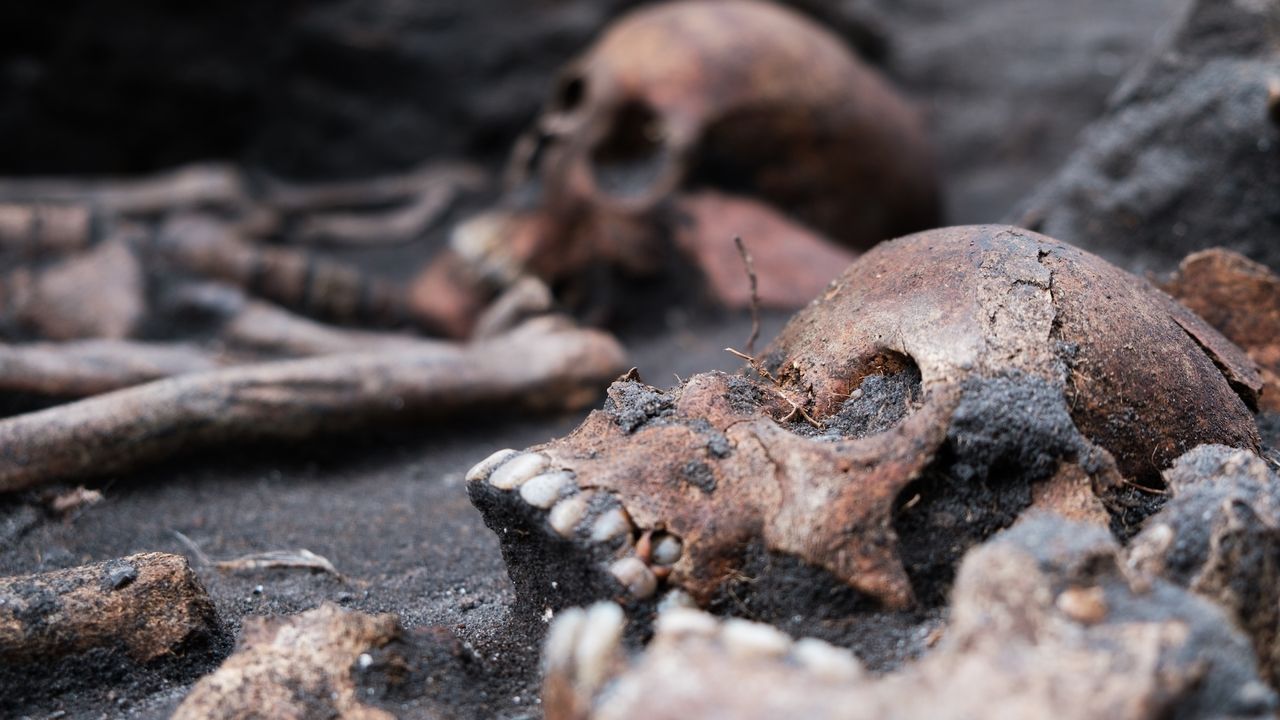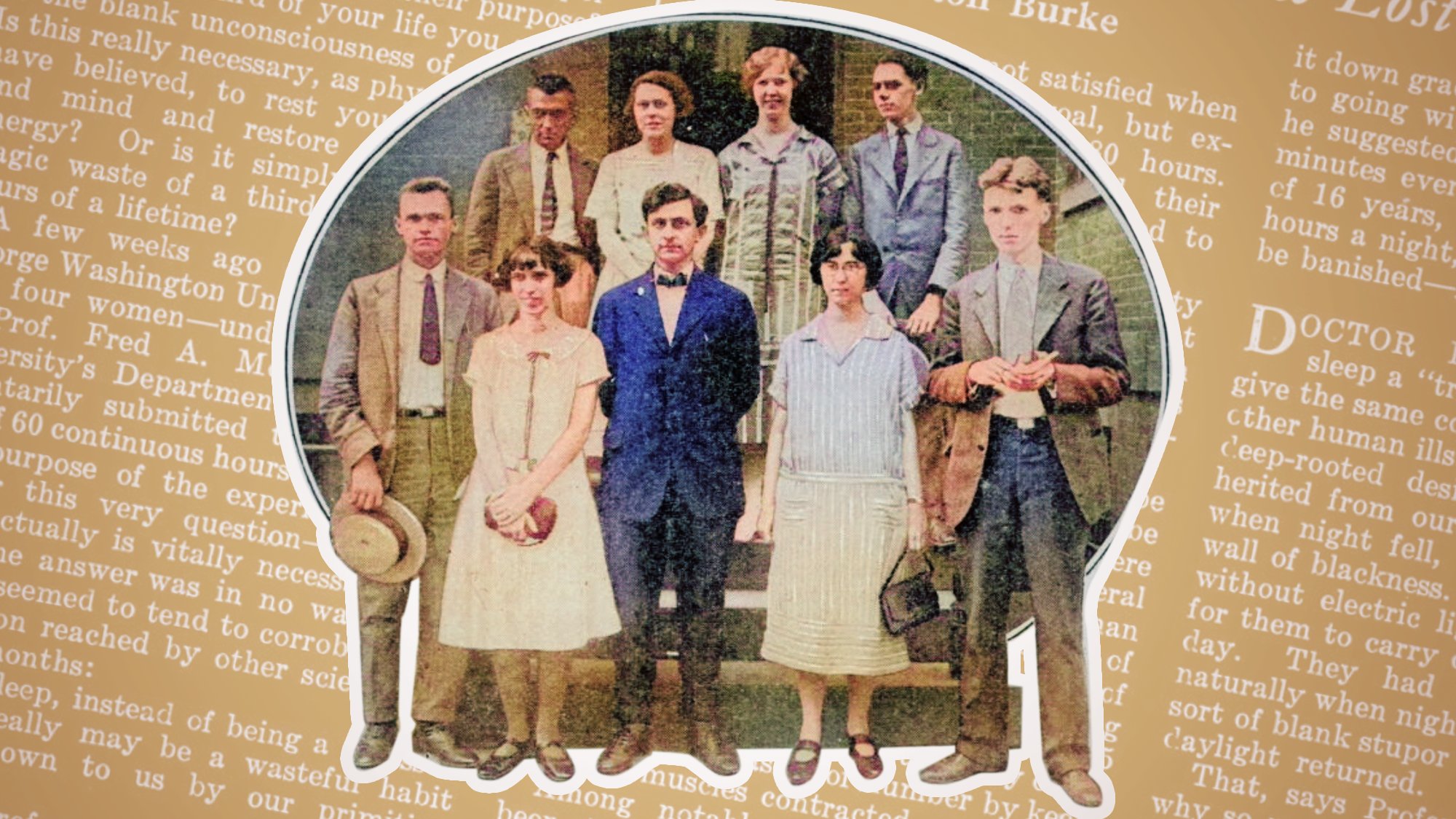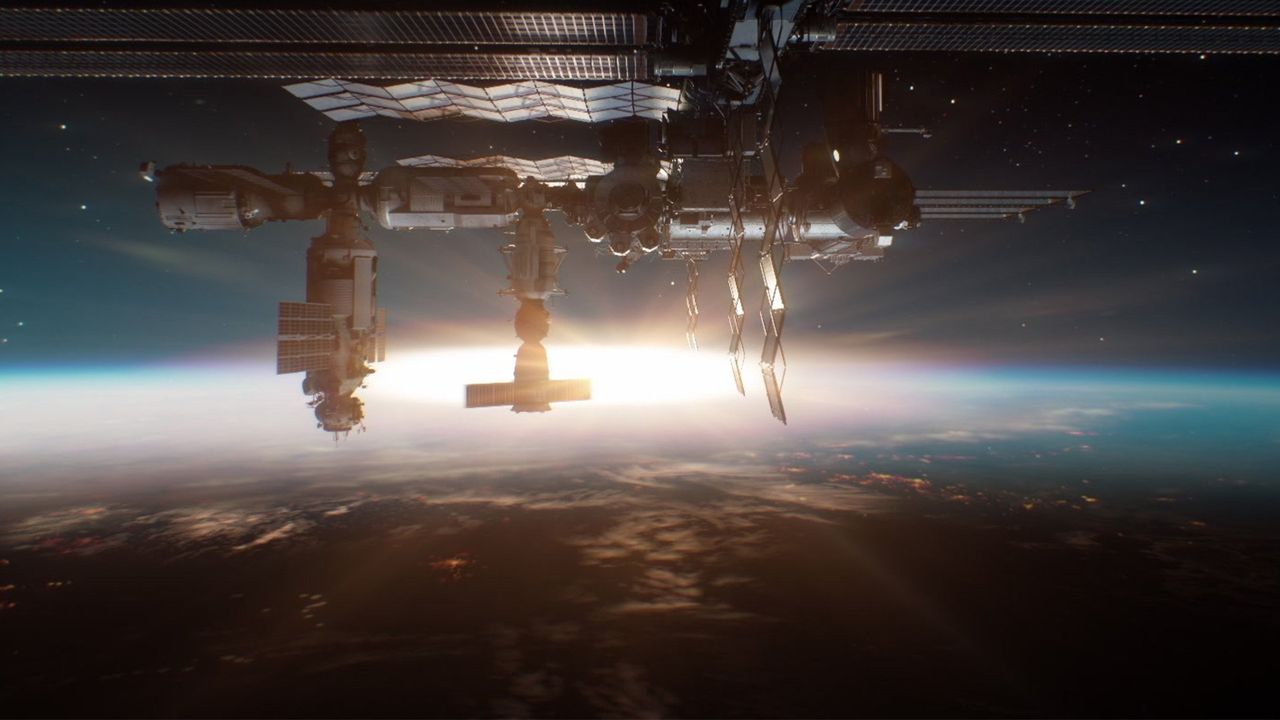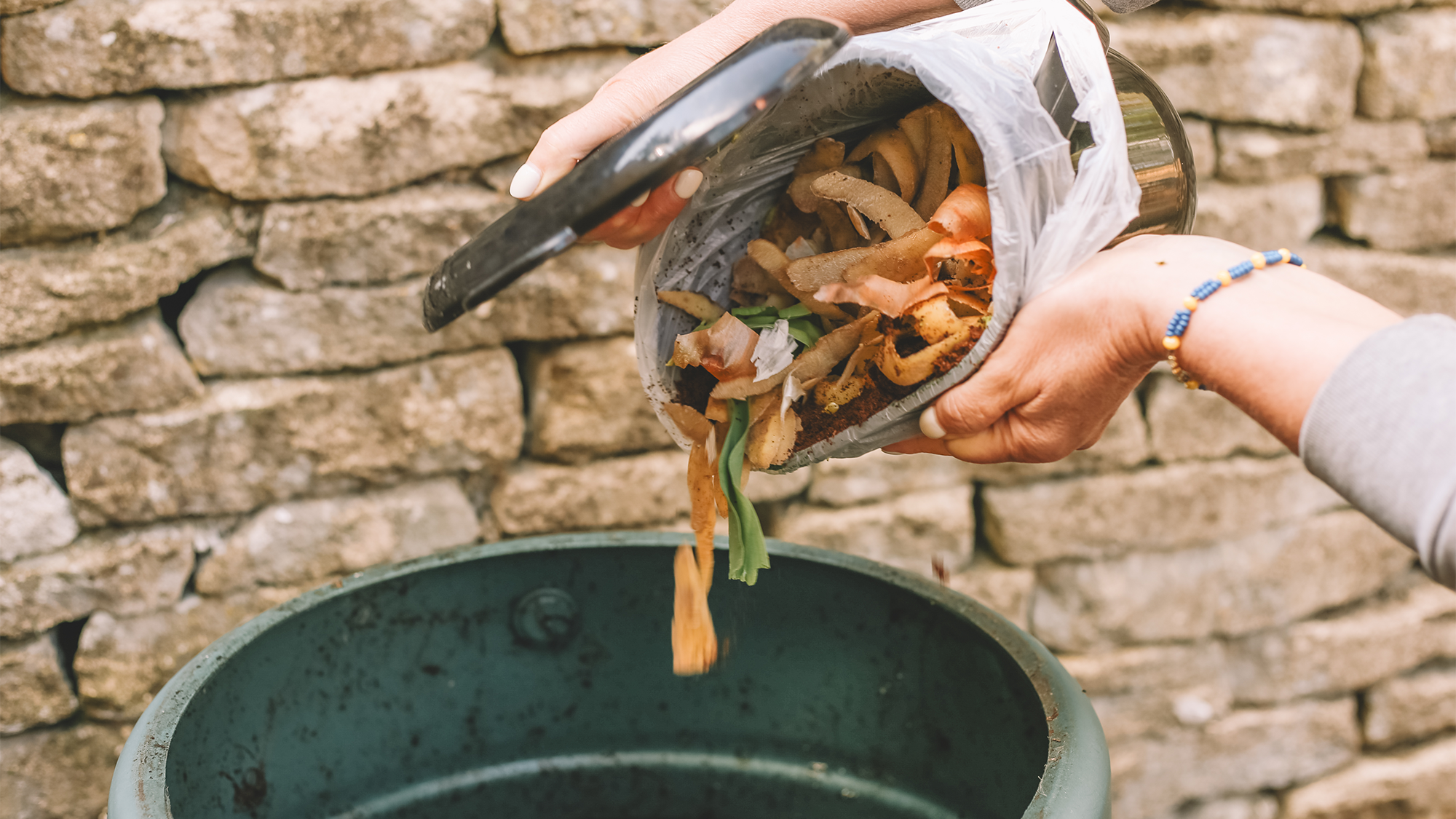900-year-old burials of Denmark's early Christians discovered in medieval cemetery
PositiveScience

Exciting discoveries have emerged from a medieval cemetery in Denmark, where archaeologists uncovered the burials of 77 early Christians. This find is significant as it highlights the blend of Christian and pagan beliefs during that era, offering valuable insights into the cultural transitions of the time. Such archaeological work not only enriches our understanding of history but also connects us to the spiritual lives of those who lived centuries ago.
— Curated by the World Pulse Now AI Editorial System





